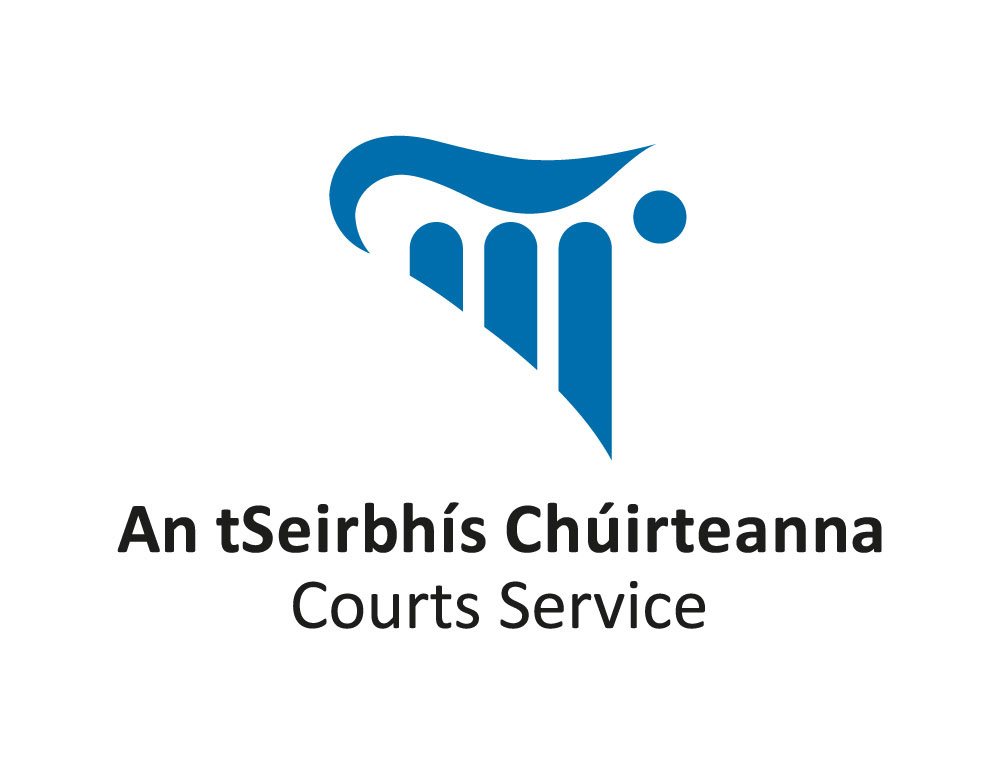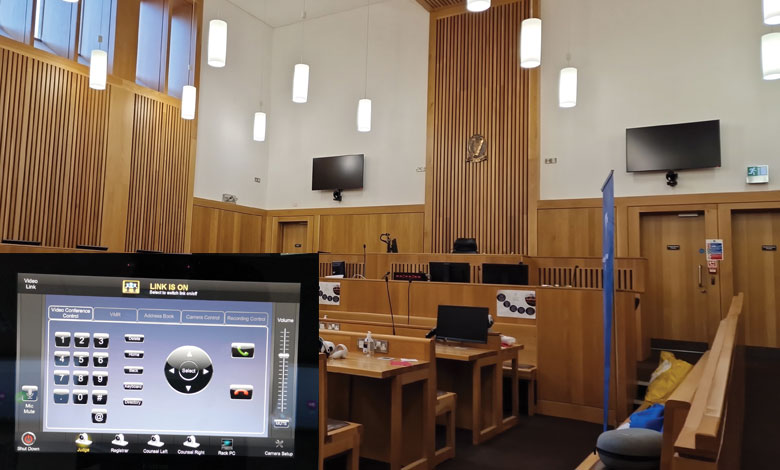Courts Service’s next phase of modernisation

eolas Magazine talks to Owen Harrison, Chief Information Officer (CIO) at the Courts Service, about his digital transformation plans for this next phase and how they will benefit the justice sector and end-users.
The previous ICT strategy 2021-2024 and the initial years of the Courts Service Modernisation Programme were about laying the foundations to realise the long-term vision for an organisation that supports access to justice in a modern, digital Ireland. The transition from the first strategy to this second ICT, Digital and Data strategy demonstrates a strong alignment with the Connecting Government 2030: A Digital and ICT Strategy for Ireland’s Public Service and its goal of “providing better access to trusted, high quality digital government services; services that are delivered in an equitable, inclusive and, sustainable manner with better service”.
From a digital perspective the strategy centres around a Unified Case Management System (UCMS), which aims to provide a single, modern platform through which users can manage and engage with cases. This will replace 150 internal legacy systems for Courts Service staff, provide a portal for external court users and a judicial view of the system for the judiciary to manage their cases, access and annotate documents and track upcoming court dates.
Harrison has introduced the UCMS for the Courts Service staff which interacts with the Judicial UCMS and the external facing portal to provide a single modern platform that allows users to manage cases online.
The CIO is taking a user-centred and incremental approach to the rollout. The digital team works closely with users one system at a time, adapting and ideating based on user feedback and constantly updating before progressing further.
“We have reached the point where digital divorce proceedings have been dealt with before the Court. In the coming months, once we are satisfied with the pilot experience, we will roll-out the Portal and judicial UCMS nationwide for Circuit Court Family Law.”
The path forward
“A key priority is to introduce the Courts Portal for probate. We have already introduced UCMS internally to the probate offices and are looking forward to introducing the ability to apply for probate online. In the next few years across Civil and Family Law, the Portal will allow for e-filing, e-serving, making e-payments, and the collection of digital orders. We intend to expand to e-bundles, online handling of books of pleadings, which contain the relevant documents and evidence for a hearing. All of this will help to open up interaction with the courts system at a time that suits court users.”
Harrison, who is motivated by improvement right across the justice sector as a result of the work of the Courts Service, is excited for the next stage.
“Further benefits for the justice sector will be realised when we can maximise UCMS to integrate with other systems. For example, integrating with finance systems to streamline online payments, receipting, reconciliation, data management, and reporting. Another example, a data exchange with Revenue will support probate applicants being able to use the same information that they have provided to the Revenue system. This should reduce data entry and errors, modernise the Probate application process, and streamline case management and resolutions.
Harrison is particularly interested in the benefits which will enable Ireland to meet EU regulations.
“Our improved ICT capability within the organisation will allow us to support the implementation of e-CODEX, Service of Documents, Taking of Evidence, and other EU digital systems. Enhancing collaboration between Ireland and other EU member states to improve access to justice and judicial cooperation across Europe.”
Harrison also envisages benefits from the integration of UCMS with the digital audio recording (DAR) in courtrooms.
“Centralised management of courtroom sound systems to a single point of support for all courtroom technology will enable us to move away from the current fragmented arrangements which occupy too much space in the courtroom. Ultimately, we will pair these improvements with a gradual equipment upgrade to modernise the audio experience for courtroom users.”
External consultation with users prior to the development of this ICT, Digital and Data strategy, emphasised the critical importance of the capability and option to attend hearings remotely. Particularly, for example, in cases with vulnerable witnesses, to help those involved feel safer and more secure. Coupled with the DAR improvements and integration with the UCMS, enhancing the remote court platform will continue. Continued collaboration is also envisaged with An Garda Síochána and the Irish Prison Service which are already reaping the benefits of video technology enabled courtrooms.
Improvements in data maturity assessments (DMA) held since the start of the Modernisation Programme illustrate the achievements made to enhance the collation, quality, management and measurement of data in the initial years. Harrison describes the implementation of the Courts Service Data Architecture, Unified Data Model and Data Lake under 2021 Data Strategy as a game changer.
“Having a ‘single source of truth’ in place provides users access to up-to-date, consistent, and accurate information, essential for informed decision-making.”
This will lead to Harrison’s ambition of transforming the Courts Service into a data-driven organisation.
“All areas across data need continued improvement from data management, governance and retention to data quality and sharing to an improved understanding of the power of data across our staff and the judiciary. Ultimately the goal is to increase the datasets shared on our Open Data Portal, which provides a vital mechanism to grow public trust through openness and transparency.”
Building trust with the user for Harrison is about all users, he explains: “It is essential that all individuals who engage with the Irish legal system can understand and navigate content, systems, data, and processes. To that end, our services must be delivered in an equitable and inclusive manner, providing better service to those who need assistance, in alignment with the Public Sector Equality and Human Rights Duty.”
This focus on accessibility has led to a recent major upgrade of courts.ie. The ambition for the website upgrade, using a plain language approach, is to significantly lower the reading age, reach over 90 per cent in the National Disability Authority Accessibility Score (top 10 per cent of public body websites) and achieve a Web Content Accessibility Guidelines (WCAG) 2.1 level of ‘AA’.







